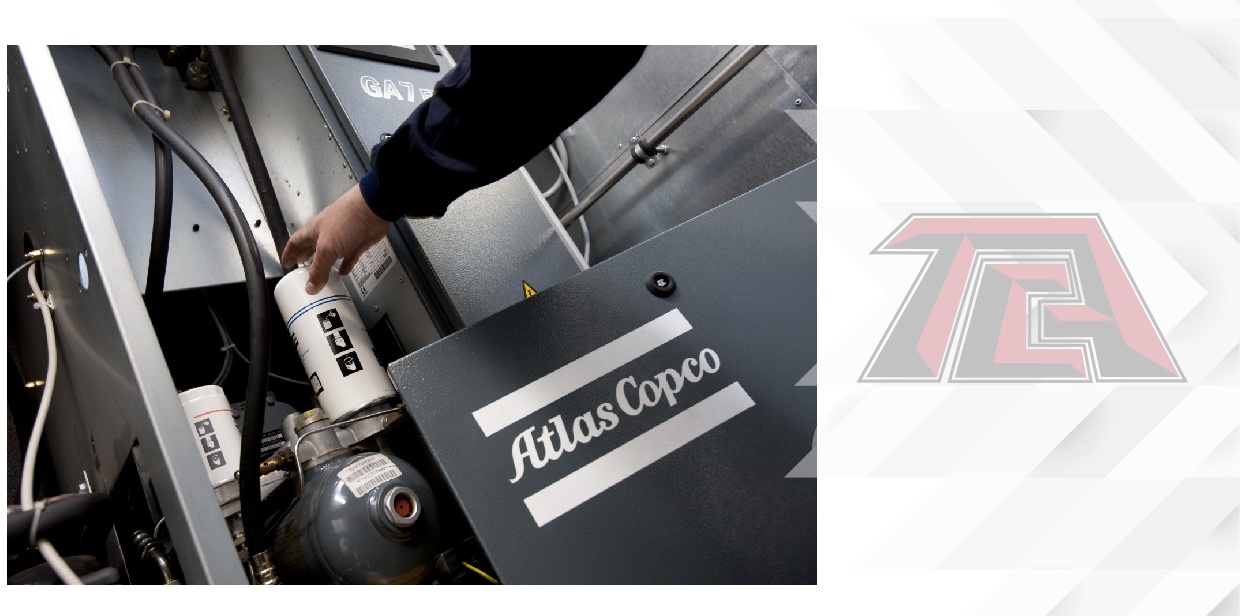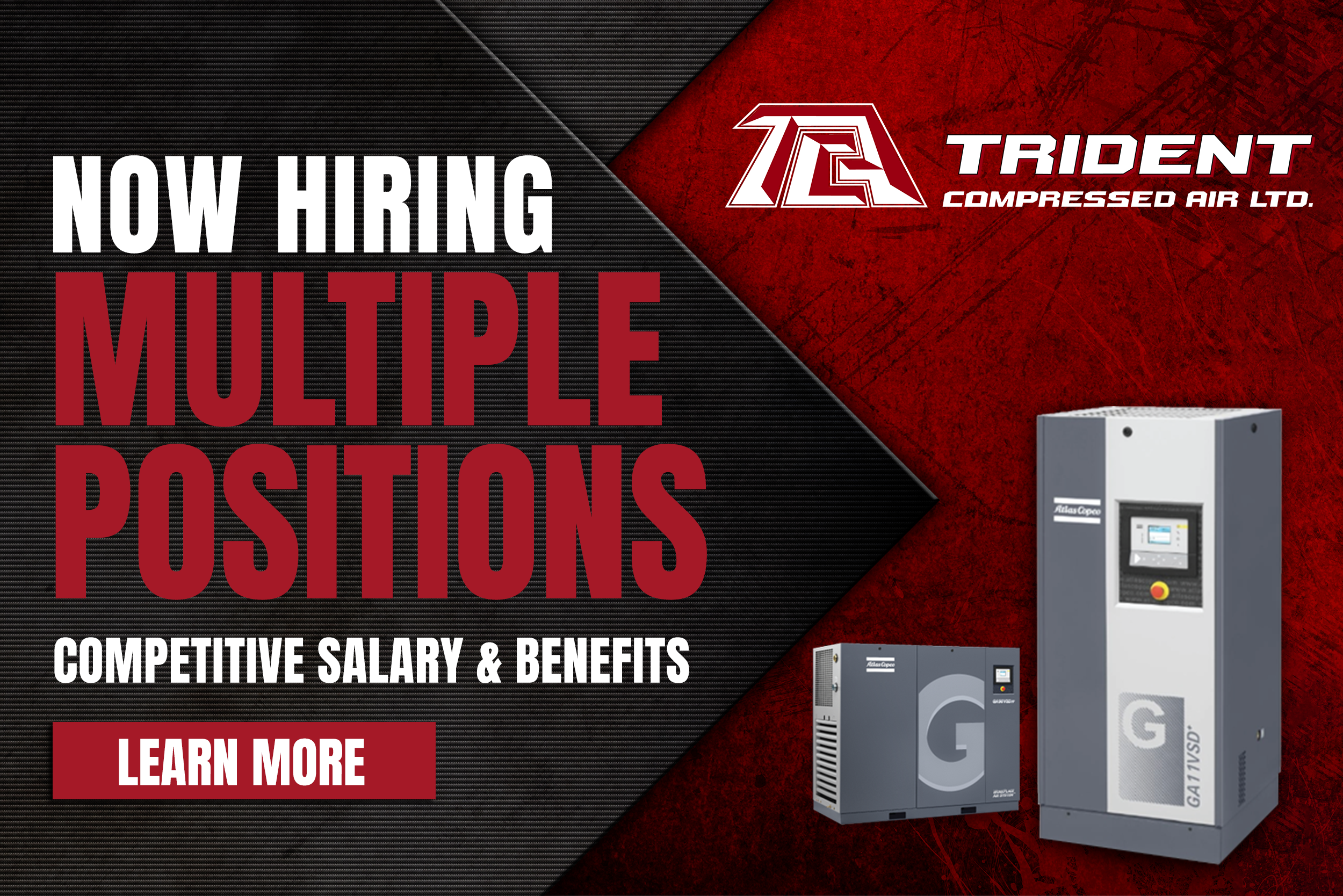
What’s New
How Big an Air Compressor Do You Need?

Selecting a suitable air compressor for your business involves numerous considerations. Do you need one with a positive displacement or dynamic displacement? Should the compressor be portable or stationary, electric or gas-powered? Besides the mechanism, mobility and fuel type, it is important to determine how big an air compressor do you need? While buying something undersized comes with the risk of expensive production problems, going for an oversized compressor will be a waste of valuable resources, including fuel, money, and space.
Top Considerations for Correctly Sizing a New Air Compressor
Here are some factors to consider while estimating the right size for your new air compressor:
- Understand Compressed Air Volume: While most industrial equipment relies on horsepower as the primary unit of power measurement, your pneumatic tools rely on compressed air volume. This is expressed in the form of cubic feet per minute (CFM) at a specific pound force per square inch gauge (psig).
- Calculate the Air Flow Requirements: What are your CFM requirements? The number and type of tools you use, along with their usage duration and frequency should help you determine your minimum and total CFM requirements. As a rule of thumb, add 25% to the combined CFM requirements to provide some buffer for calculation errors or future expansions. For example, if you are looking to power five tools with a total CFM of 800, look for an air compressor that provides a CFM of 1000.
- Determine the Air Pressure Requirements: Calculating the psig for your pneumatic tools is quite simple. Check the pressure requirements for all your tools and select the highest amount as your baseline measure. Typically, most of the single-phase air compressors available in the market offer a pressure rating of 135 psig, while the two-phase ones reach a maximum of 175 psig.
- Check the Motor Compatibility and Tank Size: The motor of the air compressor you select should be compatible with the power supply available at your facility. While most industrial sites have a three-phase power supply, do not forget to check on this aspect before finalizing your air compressor. Similarly, remember to look at the air compressor tank size, especially if you are going for a smaller unit that requires a receiver tank. Pro Tip: No matter which type of compressor you select, if it needs a receive tank, ensure a tank size of minimum 5 gallons per CFM.
Explore the Top Quality Air Compressors from Trident
Depending on the nature of your business and applications, there are several factors to consider while investing in an air compressor. The certified technicians at Trident Compressed Air can help you make an informed decision that maximizes your investment and increases your business productivity and profitability. We have over three decades of experience in comprehensive compressed air solutions, including a complete line up of compressed air products. Besides an extensive range of industrial air compressors, we offer a host of rental products and engineering services, including air audits to help you save money.
For quality compressor products backed by expert installations and unparalleled customer support, call (519) 737-9905 or fill out our online form. Our service department is on call 24 hours a day and we are eager to help answer any questions or concerns you may have about your equipment.

